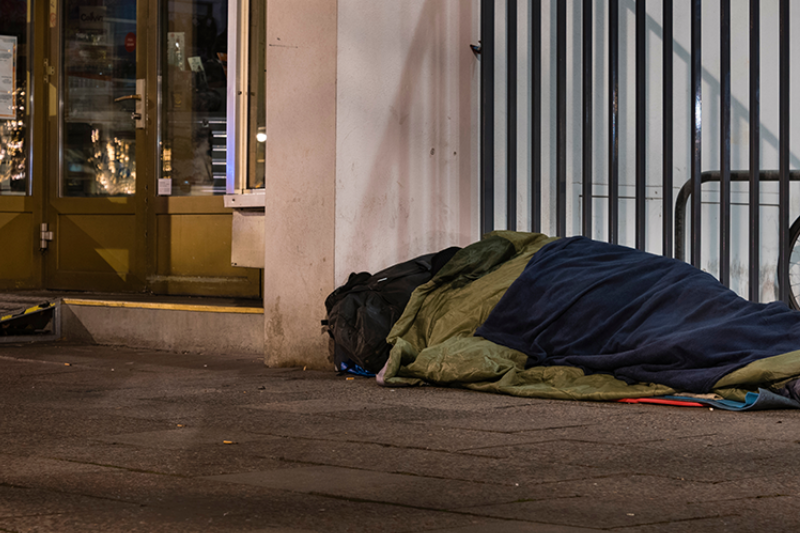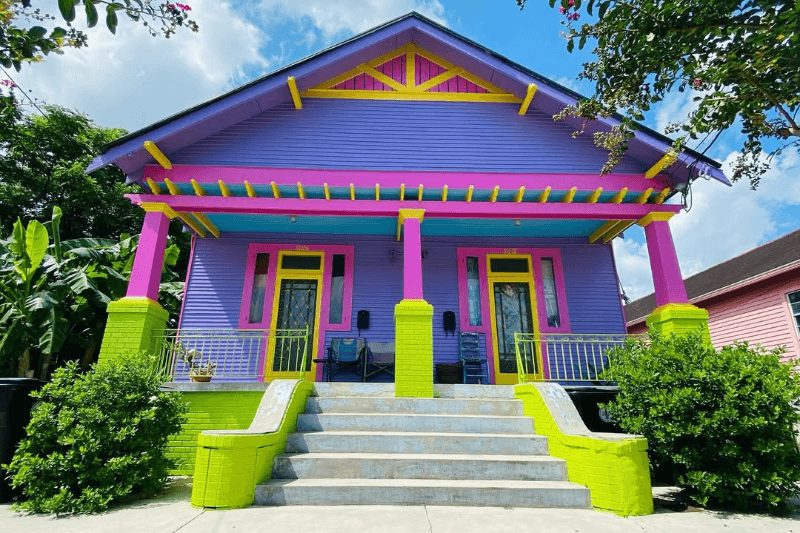
Homelessness a daily reality for almost a million people across Europe
Almost one million people across Europe are homeless on any given night, a new report has estimated. At least 895,000 people remain homeless each night – a number comparable to the population of a city like Turin or Marseille.
The figure underscores the “failure of European countries to make housing a fundamental right”, Feantsa, the Federation of National Organisations Working with the Homeless, said – adding the result only reflects the “most visible forms” of homelessness.
The data collected from the UK and the EU is a “minimum estimate”, as figures were not available for all six categories that the authors of the report used to define homelessness.
These categories include people in emergency accommodation, those sleeping rough and homeless people living temporarily in conventional housing with friends and family. The last category will resonate for many in Ireland, where housing has touched crisis levels.
Solving Homelessness Through “Housing First” Approach
Last year, EU members pledged to work to deliver on the battle against homelessness by 2030. But the report found the problem was exacerbating, with only Denmark and Finland reporting progress. Denmark recorded a 10% drop in homelessness between 2019 and 2022.
The reduction in Denmark was potentially a result of the national strategy to solve homelessness through a “housing first” approach, which eventually improves capacity at accommodation centres, the authors said in the report.
While official census data puts the number of homeless people across Germany at 262,645, the number of those in need of accommodation services in Ireland has increased by 40% in just a couple of years, the report added.
Keep Reading
Poor-Quality Housing A “Daily Reality For Millions”
While the authors asked Ireland to “Fix your dysfunctional housing market”, Germany was asked to ensure the national homeless strategy it’s set to launch soon comes with sufficient budgetary resources and encompasses the objective of ending homelessness.
While exploring the issue of poor-quality housing, Feantsa found scores of people in the UK, Hungary, Bulgaria and France were residing in houses considered unfit for living. It seems overcrowding, fire risks and inadequate sanitation have become a daily reality for many.
While the issue of substandard accommodation was particularly bad in Hungary, Bulgaria also had a number of families living in houses without an indoor toilet. In 2020, almost 20% of the population of France was living in housing deemed unfit for living.




